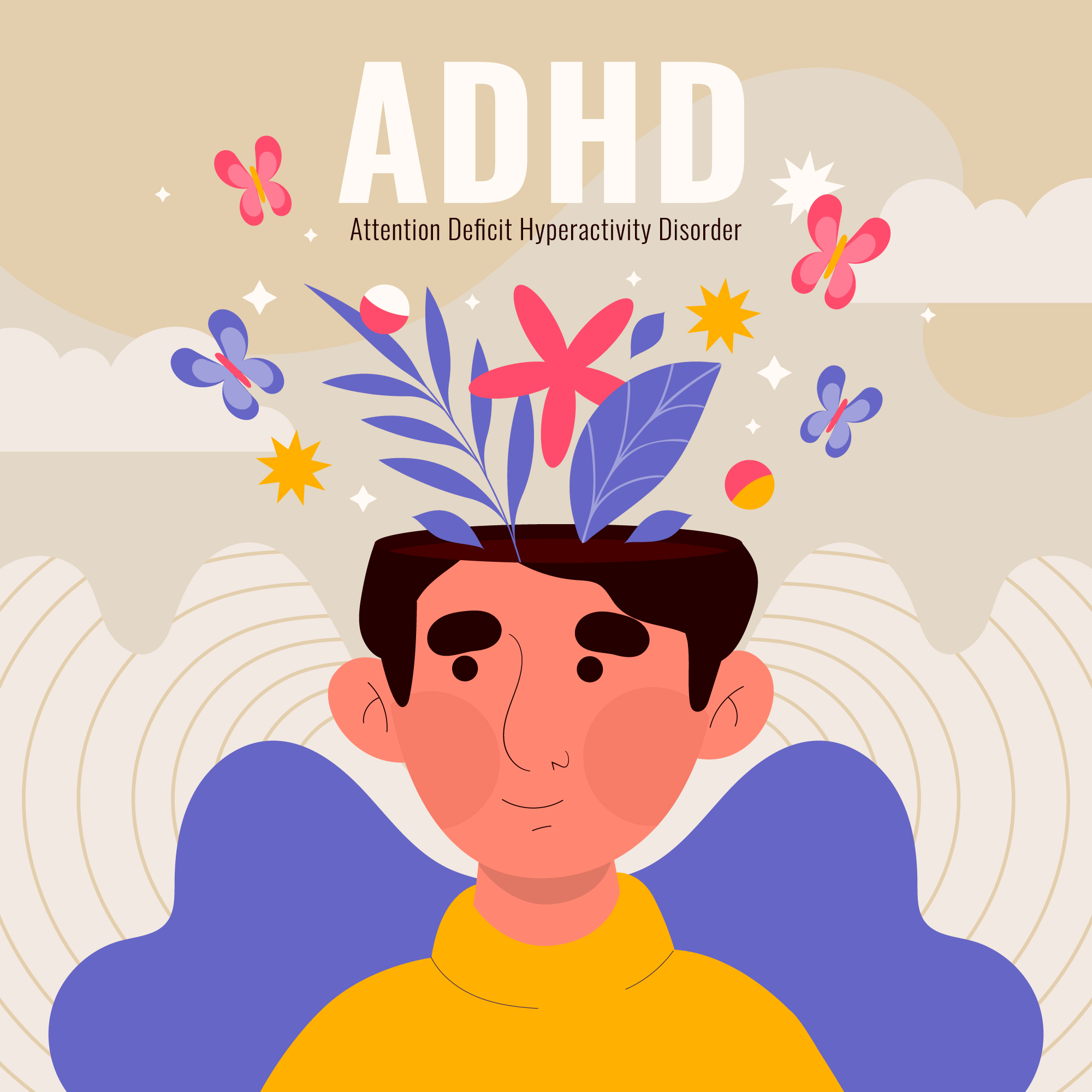
Attention Deficit Hyperactivity Disorder (ADHD) and Legal Issues
Attention Deficit Hyperactivity Disorder (ADHD) is a neurodevelopmental disorder that can affect attention, impulse control, and activity levels. It is estimated that ADHD affects about 5% of children and adults worldwide.
While ADHD itself is not a legal problem, certain symptoms of ADHD can sometimes lead to misunderstandings or complications in legal situations. For example, individuals with ADHD may struggle with:
Procrastination and deadlines: People with ADHD may find it difficult to meet deadlines, which could have consequences in legal settings.
Organization and documentation: Difficulty staying organized can make it difficult to maintain important legal documents or fulfill administrative requirements.
Impulsivity: Impulsivity can lead to decisions or actions that have unintended legal implications.
Attention to detail: Lack of attention to detail can result in errors in legal documentation or contracts.
If you have ADHD and are facing legal troubles, it is important to seek professional help. A healthcare provider or mental health expert can help you understand your condition and develop coping strategies. You may also want to consider finding a lawyer who understands ADHD and can help you navigate the legal system.
Here are some coping strategies that can help you manage ADHD in legal situations:
Open communication: Be open with your legal representative about your ADHD diagnosis and how it might impact your case.
Use organization tools: Use tools like calendars, reminders, and checklists to stay organized and meet deadlines.
Manage your time wisely: Break down tasks into manageable chunks and allocate time for each aspect.
Seek legal advice early: Seek legal advice early to avoid last-minute rushes and potential mistakes.
By taking these steps, you can manage ADHD effectively and navigate legal situations successfully.
Empowerment in the Indian Context
In India, awareness about ADHD is growing, but misconceptions still exist. It is important to educate yourself about your condition and how it might affect legal matters. By taking control of your diagnosis and actively participating in legal discussions, you can ensure that your ADHD is considered in a fair and just manner.
Conclusion
ADHD can introduce unique challenges in legal situations, but with the right support and strategies, these challenges can be managed effectively. By educating yourself about your condition, seeking appropriate diagnosis and support, and implementing tailored coping mechanisms, you can navigate legal matters successfully while living with ADHD. Remember, you have the power to shape your legal journey and achieve the outcomes you deserve.
For More Information Click here


